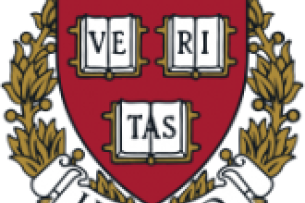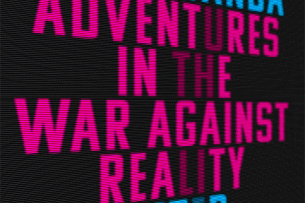Filter & Sort

Ethical College Admissions: Harvard's Preferences
Jim Jump reviews a paper on how the university treats athletes, legacies and others.

Improved Grading Makes Classrooms More Equitable
While faculty members believe that their practices are fair and objective, a closer look reveals that they are anything but, argues Joe Feldman.

Censorship Through Noise
Peter Pomerantsev's This Is Not Propaganda: Adventures in the War Against Reality demonstrates that one variety of globalization is compatible with economic protectionism, cultural isolationism and an obsession with national sovereignty, Scott McLemee writes.

Improving Graduation Rates by Nudging Faculty, Not Students
Jeff Gold, Roy Stripling and Michal Kurlaender describe a program that encourages professors to use tools offering specifics about the academic trajectories of their students to help facilitate those students' paths to a college degree.

Fixes for Short-Term Pell
Opening up Pell Grants to short-term training is a promising idea, but changes are needed to prevent unintended consequences for equity, writes Jim Jacobs.

The Next Testing Scandal
Don't dwell on the Varsity Blues scandal, writes Ben Paris. Focus on the ways there are advantages, in plain sight, to cheat.

A Rescue Plan for America’s Small Colleges
Liberal arts colleges can save themselves -- and perhaps our democracy -- by mining their backyards for and educating more students from working-class backgrounds via a new degree option, Rob Fried and Eli Kramer write.

Incentivizing Faculty Diversity
The lack of faculty diversity lies in the clash between the dual desire of universities to both increase diversity and satisfy their need for highly specialized professors, argues Katherine Newman.
Pagination
Pagination
- 206
- /
- 766